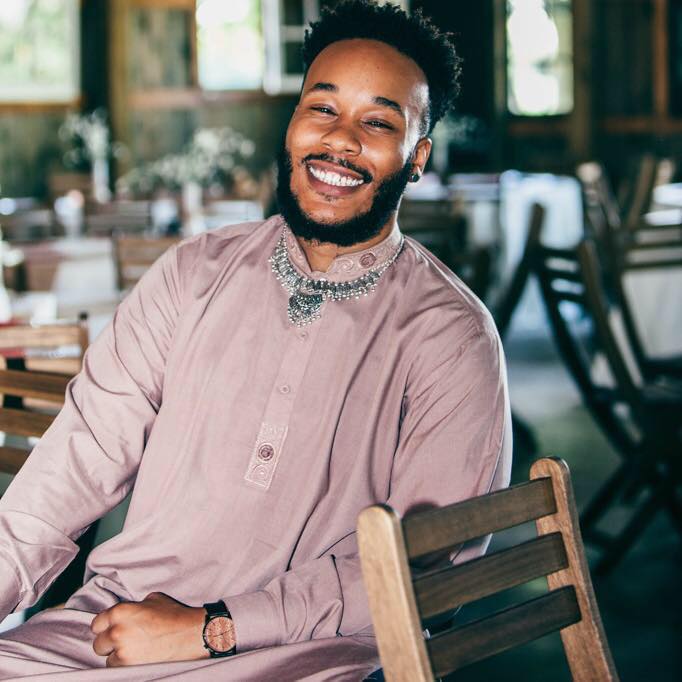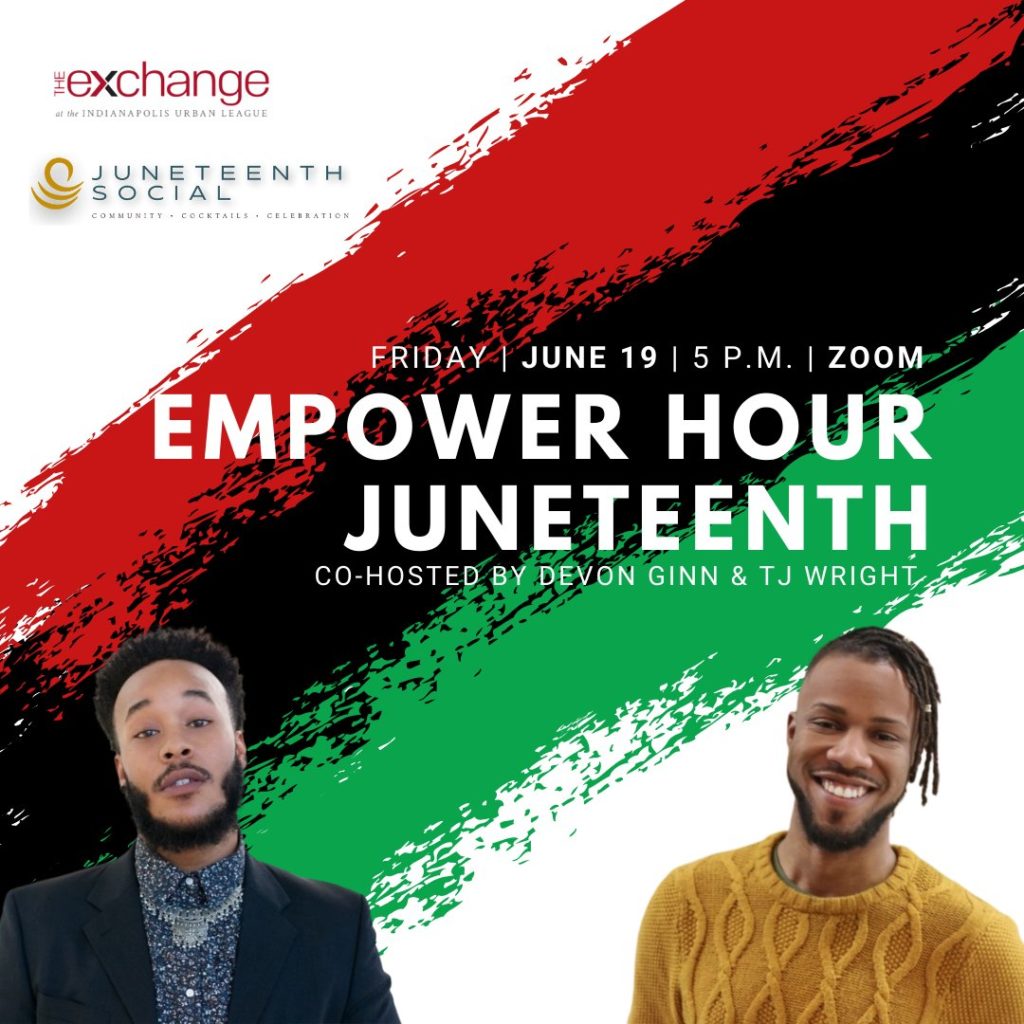
When I biked to the Madam Walker Legacy Center for my interview in 2014, I arrived clad in a custom Italian cut, navy blazer, with cuffed, flat-front, grey slacks. In my left fist: a hand-stitched and bound resume. In my right fist: a red vintage Schwinn Speedster. I was the picture of perfect professionalism with a gentrified, yuppie aesthetic. I’ve called the Walker home since my youth and was confident in my ability to impress and land the job.
I didn’t have a lock or chain for my bike, so I naturally assumed that I could prop my ride against the lobby wall and be on my way to the 4th-floor suite. Wholly unimpressed with my presumptuous display of respectability, an elderly gentleman swiftly redirected me back out the door because why in the hell would someone with manners bring a filthy bike into the renowned Walker building? Before I could open the door to find a place to stash my bike and risk being late for my interview, Ms. Martha Reed, his boss, came to my rescue as Black women often do for Black men. She said, “Honey, don’t pay him no mind. Put your bicycle here, and I’ll take you up, dear.” I knew my way around, but that level of protection and care felt like home, so I went with it.
Eventually, I landed the job and started on my mom’s birthday – a week and a day after the murder of Eric Garner at the hands of Officer Daniel Pantaleo in New York. My voicemail was littered with messages from her about watching my back when I leave my apartment and best practices for deescalating tense interactions with police when confronted. Throughout my time at the Walker, my days have been spent working alongside Black women who loved and cared for me how they loved their Black male family members, so I always felt at home.
After watching the live footage of Dreasjon Reed murdered in cold blood, I immediately thought of Ms. Reed because he was her grandson. I launched a brief social media campaign the year I started my work at the Walker called A Face on the Avenue so our stakeholders could learn a little bit about our staff. I asked Ms. Reed what she likes to do for fun, and she said, “If I ain’t at the movies or listening to music, I’m with my babies. I love to spend time with my grandbabies and help with homework.” She always spoke so highly of her family, and I immediately knew that she would be devastated to learn her grandson joined the ranks of ancestorship. I have yet to fully recover after watching Dreasjon’s mother talk about seeing her son’s body during a recent press conference when she described how IMPD shot out his eyes. She said, “I didn’t get to look at the rest of his body because I couldn’t get past his face. All I could see was his teeth, and that’s how I knew it was my son.”
Dreasjon’s murder made me consider how my mother and grandmother, who love my eyes as much as Dreasjon’s mother loves his eyes, would react to such brutality. In the later stages of her life, my grandmother experienced memory loss and hallucinations as a result of the lung cancer that spread first to her bones and made it’s way to her brain over the course of several months. As a loving observer of the cycle of life in action, it was a traumatic death to behold. Watching someone so full of life drift away without any means of tossing a life jacket is traumatic. My mom often told my brothers and me that her worst nightmare would be to have one of her children perish before her. Is my grandmother’s death the best way to interpret my mother’s preference—the preference of loving parents everywhere? To live a full life of comfort and community, forget all things good and evil, and leave before seeing her children’s beautiful eyes shot out.
When White Americans were celebrating the first Independence Day, Black people remained enslaved. Illusory as it may be, we recognize Juneteenth for its proverbial significance. On June 19th, Galveston, TX, was the last American city to learn that Black people were free from bondage two years after the Emancipation Proclamation. When analyzing the data after 155 years, America remains perplexed about the status of Black bodies. We know that vintage slave patrols morphed into the police state we know and loathe today. Amid a global pandemic, Black people in America continue to meet an untimely demise at the hands of police tasked with serving and protecting the proletariat. When Black people die at the hands of police, we have to be overachieving pillars of excellence with pictures of us in our Sunday’s best to be seen as worthy of mourning. We’re not allowed to be flawed.
Dreasjon Reed was shot fourteen times in the back while police treated Dylann Roof to Burger King after slaughtering nine members of a historically Black church during bible study. Black bodies should have the agency to make mistakes and not die as a result. Mothers and grandmothers shouldn’t have to experience the death of their children. Black people shouldn’t have to live above reproach to be worthy of taking our next breath.

I’m excited to work with the Exchange at the Indianapolis Urban League and TJ Wright of Juneteenth Social to present Empower Hour Juneteenth! Together, we will center our collective energies so that we may move into any space unapologetically. Enjoy sound healing, poetry, and meditative breathwork before diving deep into the “why” behind Juneteenth. Black death will continue to be fallaciously justified regardless of substantive legality, so Juneteenth is a means of remembrance.
Meet Devon Ginn: (he/they) is the curator for the Madam Walker Legacy Center, a creative placekeeper + placemaker, #1828Project alum, a 200-hour RYT student, a sound alchemist, & a poet. As a freelance teaching artist, Ginn travels from state-to-state implementing his performance poetry and creative writing workshops. You can find him on Twitter and Instagram as @yoDevG.
IndyHub believes in elevating the voices of our city’s young leaders. These are the opinions of our authors and are offered to spark conversation and empower others to shape our city.





